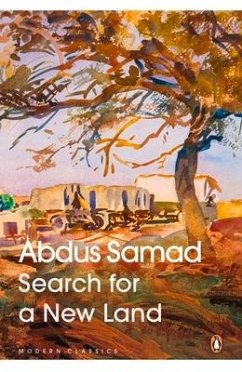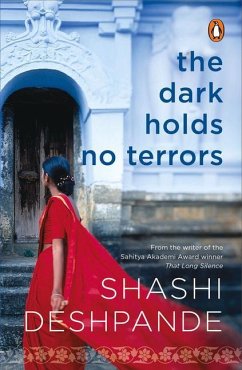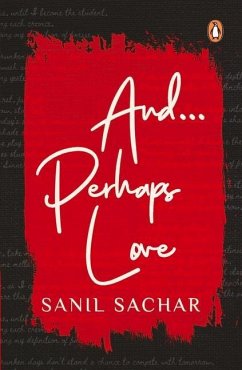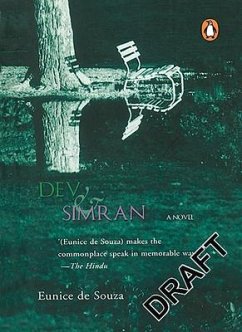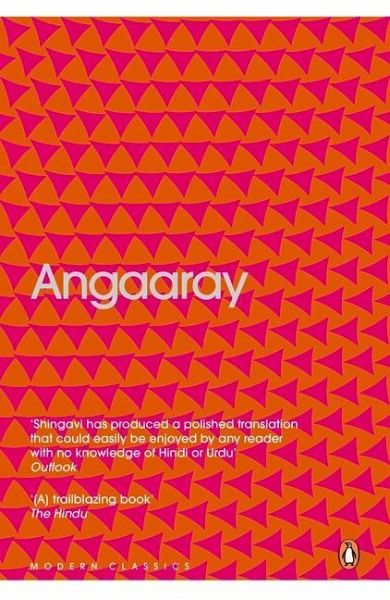
Angaaray
Versandkostenfrei!
Versandfertig in über 4 Wochen
15,99 €
inkl. MwSt.

PAYBACK Punkte
8 °P sammeln!
First published in 1932, this slim volume of short stories created a firestorm of public outrage for its bold attack on the hypocrisy of conservative Islam and British colonialism. Inspired by British modernists like Woolf and Joyce as well as the Indian independence movement, the four young trailblazers who penned this collection were eager to revolutionize Urdu literature. Instead, they invited the wrath of the establishment: the book was burned in protest and then banned by the British authorities. Nevertheless, Angaaray spawned a new generation of Urdu writers and gave birth to the Progres...
First published in 1932, this slim volume of short stories created a firestorm of public outrage for its bold attack on the hypocrisy of conservative Islam and British colonialism. Inspired by British modernists like Woolf and Joyce as well as the Indian independence movement, the four young trailblazers who penned this collection were eager to revolutionize Urdu literature. Instead, they invited the wrath of the establishment: the book was burned in protest and then banned by the British authorities. Nevertheless, Angaaray spawned a new generation of Urdu writers and gave birth to the Progressive Writers' Association, whose members included, among others, stalwarts like Chughtai, Manto, Premchand and Faiz. This edition also provides a compelling account of the furore surrounding this explosive collection.




